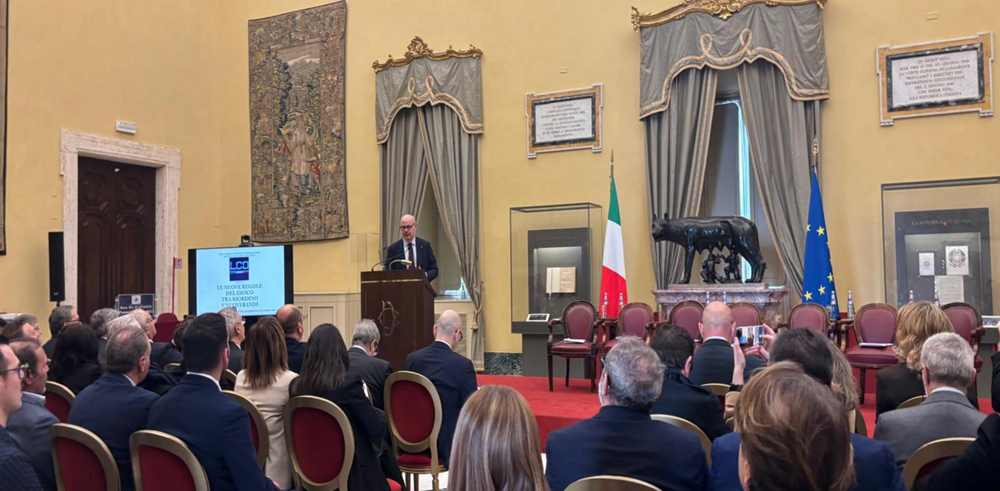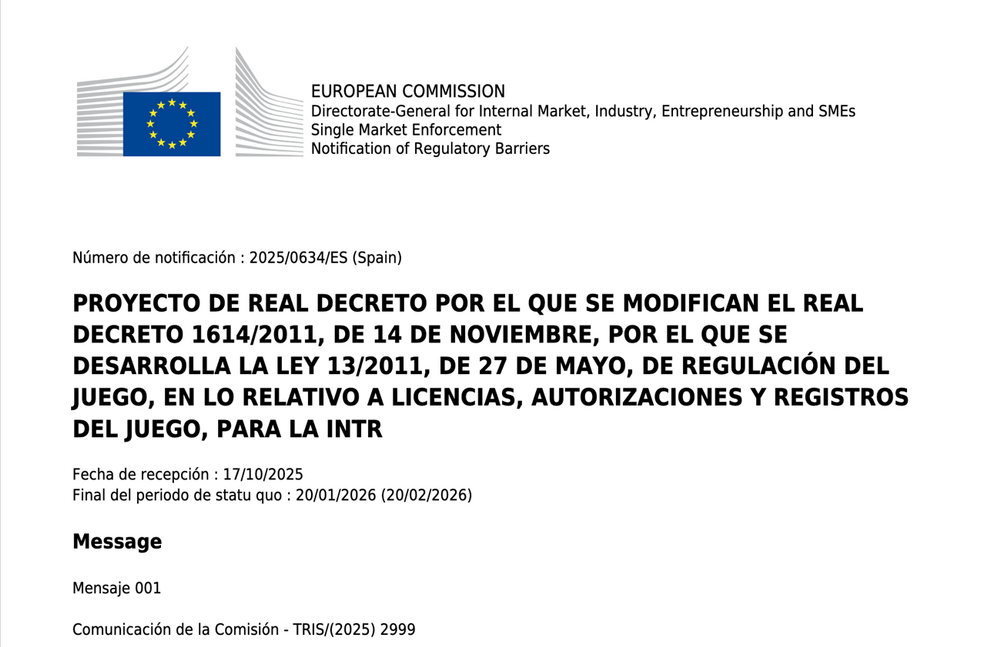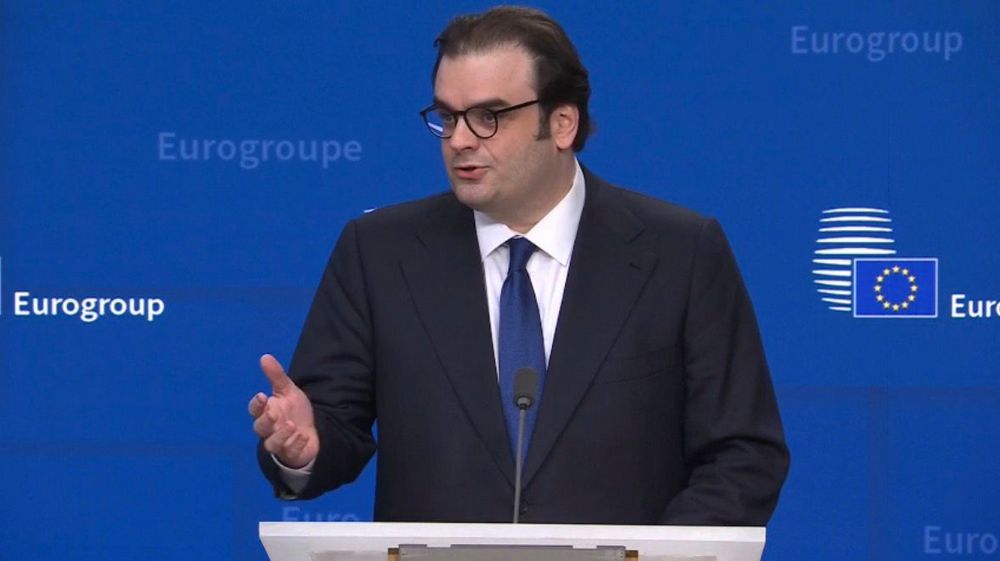Zurich — FIFA President Gianni Infantino has issued a strong caution to domestic leagues considering taking official matches overseas, saying the potential fallout extends far beyond logistics and fan backlash. Speaking during the weekend’s governance session, Infantino called the practice “a major risk to the sport’s competitive balance, player welfare, and global integrity.”

According to data compiled by The Risk Global, moving regular-season games abroad could increase operational costs by 10 to 15 percent, while reducing home-market sponsorship exposure by as much as 12 percent per match. More concerning, however, are the integrity flags tied to travel disruptions, fatigue, and uneven enforcement of betting regulations across jurisdictions.
Integrity analysts warn that staging league fixtures in countries with different gaming laws could open loopholes for match-fixing syndicates. “When games leave their domestic regulatory perimeter, oversight becomes fragmented,” said one compliance officer with the International Betting Integrity Association (IBIA). The group logged 92 suspicious alerts worldwide in the first half of 2025, up 18 percent year-over-year, with several tied to exhibition or cross-border events.

The mouse guards the cheese: sportsbooks now dominate South America’s top football clubs
Operationally, Infantino’s memo highlighted key metrics tracked by FIFA’s integrity unit:
- Player-fatigue index: 75 points, down 5 from last season.
- Average logistical incidents per club trip: 3.
- Estimated loss per relocated game: US $500,000 (-10 %).
- Domestic investment impact: -15 % in host-city revenue.
While global expansion remains attractive to top-tier leagues seeking new audiences, Infantino urged caution: “Commercial innovation cannot come at the expense of fairness or trust.”
U.S. sports-law experts echoed the concern. Gaming attorney Chris Anderson noted that betting operators licensed in one state may face “gray-area exposure” if a domestic fixture suddenly falls under another country’s jurisdiction. “That’s a compliance nightmare—and a dream scenario for fixers looking to exploit regulatory gaps,” Anderson said.
Several major leagues, including La Liga and the Premier League, have previously floated overseas matches but faced pushback from fans and governing bodies. With FIFA’s renewed stance, it’s clear that global ambitions will need integrity firewalls, transparent revenue-sharing, and cross-border monitoring before any whistle blows abroad.








































